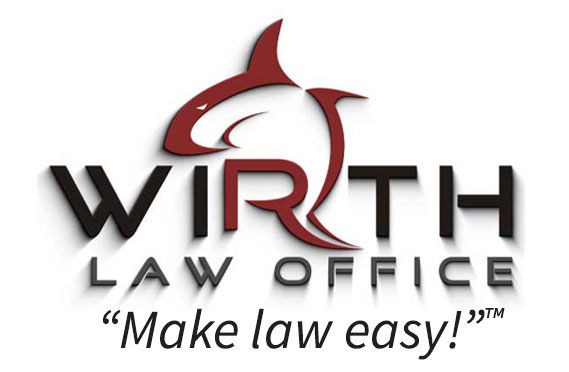It’s Your Right to Remain Silent, but Is It in Your Best Interest?
 Video Transcribed: Hi, this is Wagoner attorney Stuart Ericson. Today we’re going to talk about whether should you testify at your criminal trial. So if you’re a defendant, and you choose to go to a jury trial, should you testify?
Video Transcribed: Hi, this is Wagoner attorney Stuart Ericson. Today we’re going to talk about whether should you testify at your criminal trial. So if you’re a defendant, and you choose to go to a jury trial, should you testify?
Number one, of course, is you have a right not to testify. You have a right to remain silent because of course the burden of proof is on the State of Oklahoma, whatever prosecuting entity, to prove you guilty beyond a reasonable doubt. And, of course, it would have to be by a unanimous verdict of all 12 jurors. So number one, constitutionally, you have a right to remain silent. You are presumed innocent unless proven guilty, and you have no burden to testify.
So some of the pros and cons. Some of the cons of testifying are, of course, are if you testify, you could say something wrong. The jury may not like you. They may not like your look, your affect, the way you speak. If you have trouble making eye contact. For various reasons, obviously, 12 people just might not take a liking to you and therefore kind of hold it against you. And. of course, jurors are somewhat biased. They kind of presume, wrongfully so, that if you’re here at trial that maybe you did do something wrong, maybe you are guilty. I mean, why would law enforcement and witnesses and everybody be here if you didn’t? So that’s one of the reasons to be wary.
Another reason, of course, is if you do testify, you will be cross-examined by the prosecutor. And their intent is to make you look bad, make you say something wrong, perhaps make you try to get angry, anything that maybe looks bad in front of the jury. So if a person does testify, they will be cross-examined and that can be difficult, because most people aren’t used to testifying, to being under the gun, and it can be not as easy as you think. Sometimes it’s very hard just to answer the question asked of you. Many people when they testify just start getting really wordy and want to explain themselves. But by doing that, sometimes they end up harming themselves, always trying to explain everything away, not making admissions when you should. If you’re asked a question on cross-examination and you’re testifying and you stop and ponder, the jury may be wondering, “Is he just looking for the right answer to give us no matter what it is? Or why isn’t he just answering forthrightly?” So those are some of the kinds of reasons against perhaps testifying.
Now, reasons for testifying might be, yeah, if you have an alibi defense, a self-defense defense, you’re pretty much going to have to testify, to give an alibi perhaps, or to give the facts of self-defense if there are no other witnesses to do that, a person would need to take the stand. And, of course, on the flip side of the coin is the jury may really find you credible. They may like you and find you credible and find against the state’s witnesses and find maybe them not credible. So again, it is so hard to say whether to testify or not.
Now, the one thing that’s important to know is it’s that person’s decision, it’s the defendant’s decision, about whether to testify or not. And when it comes time for the defense to put on a case, the judge normally will put it on the record to the defendant, “Do you wish to testify or not?” So that they know they have the right to testify, but they also have the right to remain silent. And that answer usually is given on the record in the case.
So when it comes to testifying or not, it’s always on a case-by-case basis, always factually driven. Obviously, the state goes first. So you’ll get to see what their case was before even having to decide whether to testify or not. It’s a decision that should be made with your attorney, with all of their advice and counsel based upon the case, how the trial has gone, and how you may be as a witness. And of course, if you are even thinking about testifying, you would be practicing that with your attorney leading up to trial. So all of those decisions need to come into play. And then as with anything, all you can do is make the choice that you think is right.
So if you have any questions, reach out to me, Oklahoma criminal defense lawyer Stuart Ericson, at wagonerlawyer.com.







